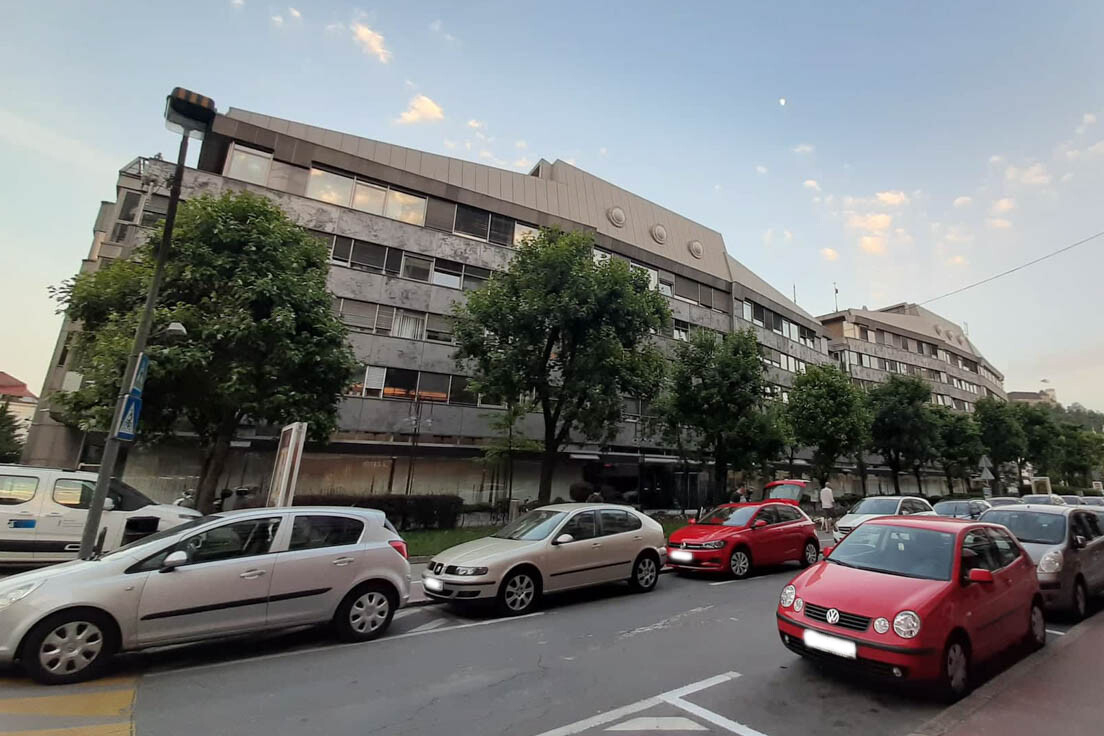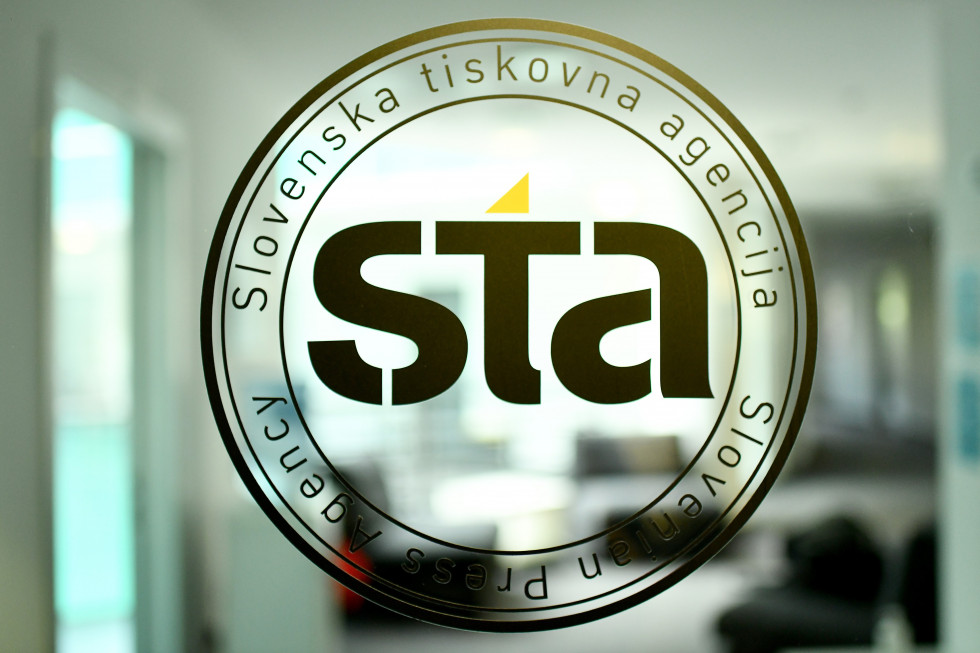RTV Slovenija’s Programming Council accused of restricting union activity
23rd March 2022
The public broadcaster’s governing body has been accused by a Slovenian journalists’ union of adopting measures which restrict trade union activity and freedom of expression.

The Slovenian Union of Journalists has promised to “resist … with all means available” a new resolution passed by RTV Slovenija’s Programming Council, which the union claimed restricts the freedoms of trade union representatives and freedom of expression.
In a statement published last week, Sindikat Novinarjev Slovenike (SNS), claimed a resolution recently adopted by the Programming Council – the body which governs the public broadcaster’s content – was an “unlawful attempt at curtailing trade union rights and freedom of public expression.”
Under resolution 2-2, the Programming Council determined that allegations related to the unlawful appointment of the editor-in-chief of the RTV news programme, the impoverishment of Channel 1 and live broadcasts of shows and rallies, and claims that the Programming Council is working in a biased way, were all “unsubstantiated”.
The Council therefore called on RTV’s Director-General to take appropriate measures to “prevent such unsubstantiated denigration of the public institute RTV Slovenija in the public” and to “prevent inadmissible interventions by trade unions in staffing policy and editorial independence.”
“It seems that unlawful practices and decisions that exceed the scope of powers, some reminiscent of authoritarian methods, thus continue in the largest media house in Slovenia” – SNS
The resolution was adopted on 17 March and backed by 22 out of 29 councillors.
What led to the resolution?
The Programming Council’s resolution looks designed to prevent RTV’s own journalists from speaking out and criticising the decision-making.
“It seems that unlawful practices and decisions that exceed the scope of powers, some reminiscent of authoritarian methods, thus continue in the largest media house in Slovenia, whose development and existence are directly the result of the licence fee paid by the citizens of Slovenia,” SNS said in a statement.
The union added that the Programming Council has encroached on the rights of employees to associate with trade union activities, which are defined in Slovenia’s Constitution, the Labour Relationships Act, and the Statutes of RTV Slovenija.
The European Federation of Journalists has also condemned the Council’s recent move, as has the Croatian Union of Journalists. SNS has announced it will host a public debate in Ljubljana on Wednesday evening. Journalists at the Slovenian newspaper, Večer, have expressed their support for their colleagues at RTV Slovenia.
An editorial on the Večer website said, “We have never seen such brutal political intervention on public radio and television – personnel purges, censorship, appointing incompetent staff related to the ruling party, canceling broadcasts, disciplining and punishing journalists, turning public RTV into state.”
There have been a number of incidents recently where journalists and politicians have criticised political interference at RTV, and some of the decisions being made.
Journalists at the public broadcaster recently held a press conference outside of RTV’s building in Slovenia’s capital city, Ljubljana, to voice concerns about recently implemented changes. Their grievances included the reduction of in-house news programming. They also called out the political pressures they were experiencing, including from Prime Minister Janez Janša and the government’s communications office.
In January, four former reporters at RTV proposed a new bill designed to cement the organisation’s independence through establishing a new board of trustees which would oversee the broadcaster. Concerns have also been raised about recent appointments to the Programming Council. Opposition parties claimed the appointments did not reflect the overall diversity of parliament, which is bound by law.
The Public Media Alliance stands in support of SNS in calling out the new resolution which goes against the rights and interests of journalists’ and their freedom of expression. As SNS states, “Criticism of the work of the public broadcaster is a prerequisite for its development and as such can contribute to strengthening its reputation, not undermining it.” This is especially concerning for potential political interference in its coverage of the parliamentary election next month.
Related Posts
6th January 2022
RTV Slovenija: Draft transformation bill and new appointments
A small group of RTV Slovenija (RTVS)…
30th November 2021
Explainer: RTV SLO programming shake-up criticised
The 2022 programme production plan for…
10th November 2021
STA needs long-term, viable and sustainable funding
Slovenian authorities must now commit…

